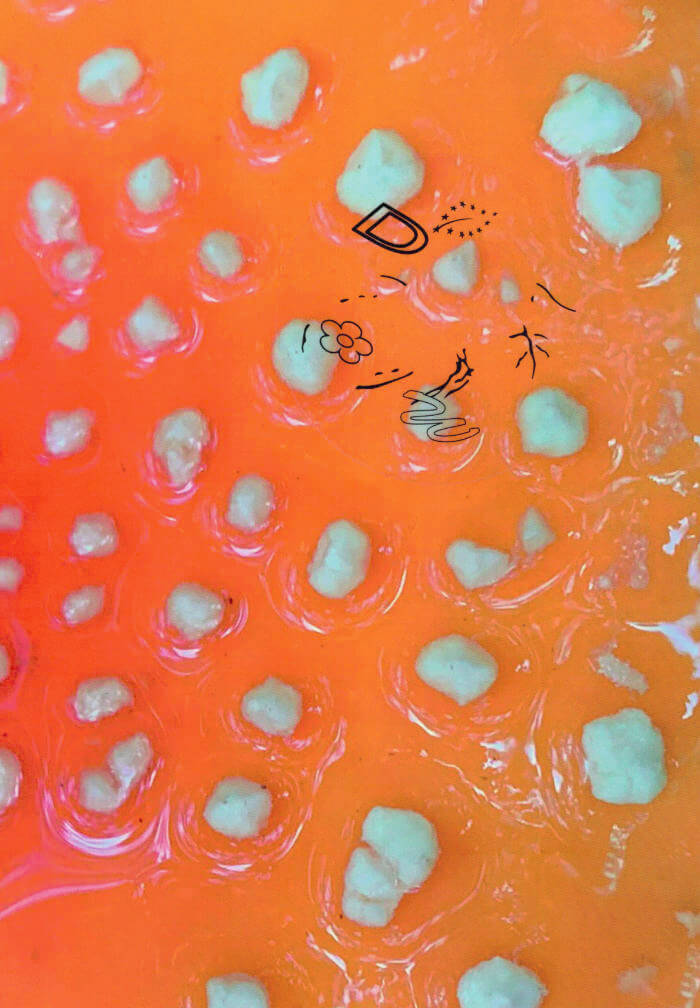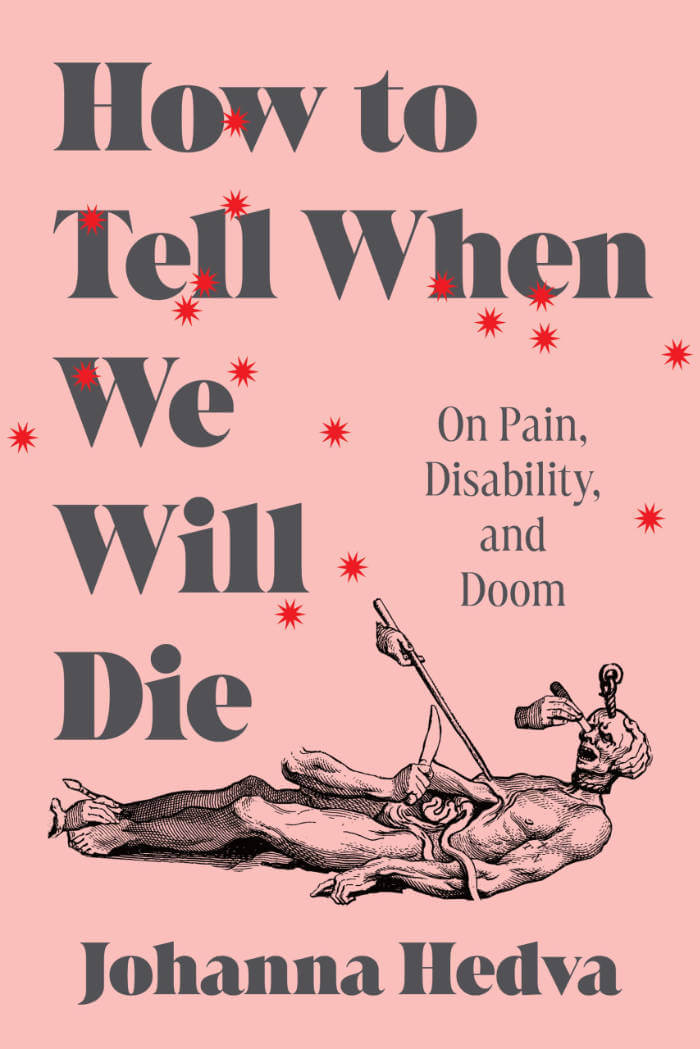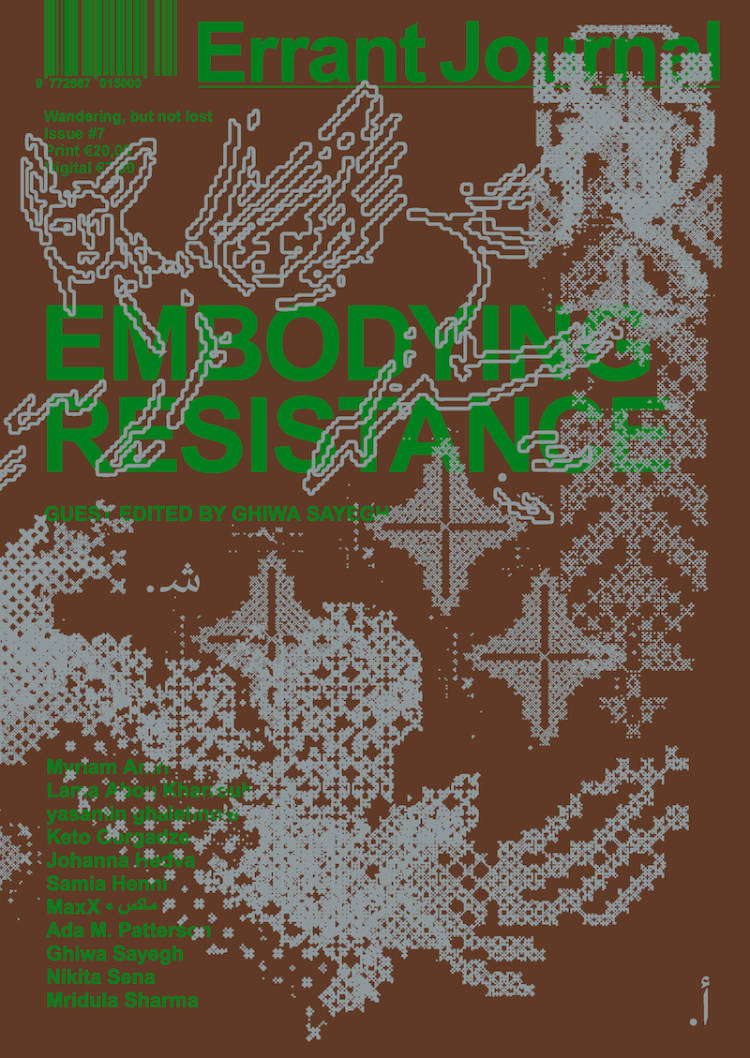
DAISYWORLD MAGAZINE #3
Zazie Stevens ed.
ROT, LANGUAGE & A STRAY BUTTERFLY
CONTRIBUTORS Eady van Acker, Anouk Asselineau & Myrto Vratsanou, Britt Browne, Finca Tierra Negra, Yuri Hasegawa, Celine Caly, Aimilia Efthimiou & Comfy Shrooms, Paige Emery, Elizaveta Federmesser, Edwin Godínez, Meg Hadfield, Freya Häberlein, Johanna Hedva, Zsófia Jakab, Lijuan Klassen, Marijn van der Leeuw, Juliette Lizotte, Niklaus Mettler & Anja Wille-Schori, Hatty Nestor, Kamila Sipika, Zazie Stevens & Alex Valentina.
DAISYWORLD MAGAZINE is a seasonal art publication on perception, the sensory, the non-human, ecology & erotica with an emphasis on interconnectedness. The artist's intimate knowledge based on observation, questioning anthropocentrism through beauty & language. Reflecting on the past season while softly moving into the next, each issue launches in-between seasons; appreciating experience, transition, and metamorphosis instead of anticipating the next big thing
Cover image: Zazie Stevens
Language: English







